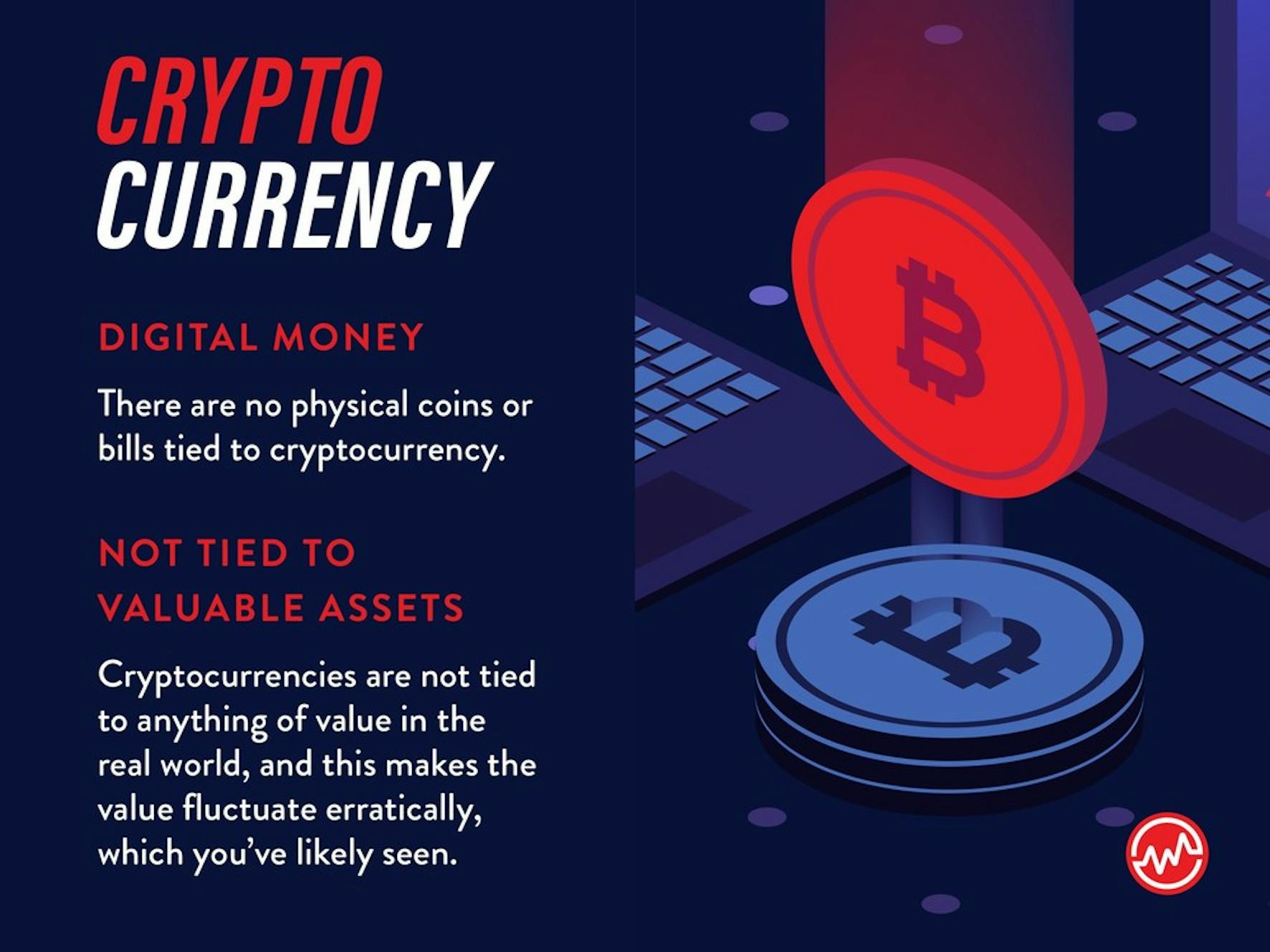Cryptocurrency wallet
In June 2020, FATF updated its guidance to include the «Travel Rule» for cryptocurrencies, a measure which mandates that VASPs obtain, hold, and exchange information about the originators and beneficiaries of virtual asset transfers https://casino-888.org/en/login/. Subsequent standardized protocol specifications recommended using JSON for relaying data between VASPs and identity services. As of December 2020, the IVMS 101 data model has yet to be finalized and ratified by the three global standard setting bodies that created it.
Just two months later, on January 3, 2009, Nakamoto mined the first block on the Bitcoin network, known as the genesis block, thus launching the world’s first cryptocurrency. Bitcoin price was $0 when first introduced, and most Bitcoins were obtained via mining, which only required moderately powerful devices (e.g. PCs) and mining software. The first known Bitcoin commercial transaction occurred on May 22, 2010, when programmer Laszlo Hanyecz traded 10,000 Bitcoins for two pizzas. At Bitcoin price today in mid-September 2021, those pizzas would be worth an astonishing $478 million. This event is now known as “Bitcoin Pizza Day.” In July 2010, Bitcoin first started trading, with the Bitcoin price ranging from $0.0008 to $0.08 at that time.
Switzerland was one of the first countries to implement the FATF’s Travel Rule. FINMA, the Swiss regulator, issued its own guidance to VASPs in 2019. The guidance followed the FATF’s Recommendation 16, however with stricter requirements. According to FINMA’s requirements, VASPs need to verify the identity of the beneficiary of the transfer.
What is cryptocurrency
Cryptocurrency is available as coins or tokens. The difference between them is that tokens are assets that exist on a blockchain, while coins can be virtual, digital, or tangible. Coins are more like traditional money; a digital coin has its own blockchain. Conversely, a token is created on an existing blockchain and can be used as currency or to represent asset ownership.
Mining is the process by which new cryptocurrency coins or tokens are created and transactions are verified using the PoW consensus mechanism. Miners use powerful computers to solve complex mathematical problems that secure the network, and in return, they are rewarded with newly created coins and transaction fees. This process is resource-intensive and requires significant computational power.
Cryptocurrencies have become a popular tool with criminals for nefarious activities such as money laundering and illicit purchases. The case of Dread Pirate Roberts, who ran a marketplace to sell drugs on the dark web, is already well known. Cryptocurrencies have also become a favorite of hackers who use them for ransomware activities.
Proof-of-work cryptocurrencies also require huge amounts of energy to mine. For example, Bitcoin mining currently consumes electricity at an annualized rate of 127 terawatt-hours (TWh), which exceeds Norway’s entire annual electricity consumption.
Though cryptocurrency blockchains are highly secure, off-chain crypto-related key storage repositories, such as exchanges and wallets, can be hacked. Many cryptocurrency exchanges and wallets have been hacked over the years, sometimes resulting in the theft of millions of dollars in coins.

Cryptocurrency wallet
There are a few specialized wallets that do not support bitcoin. MetaMask, for instance, does not directly support bitcoin, as it is designed only for Ethereum-based crypto tokens. Other wallets may have a few quirks. Coinbase Wallet Web3 only supports bitcoin in its mobile app, for example.
The Mycelium wallet is noncustodial, so you’ll have sole access to your private key and PIN. This wallet is also the only hot-storage wallet on our list that’s completely open-source. Though there are security advantages in that, it also comes with limited tech support options. Basically, if you get stuck, you can submit a help ticket to the email address listed at the bottom of the webpage.
Paybis Wallet offers a smooth, clutter-free user interface and diverse range of payment methods. It uses advanced MPC technology to protect private keys and has a low entry threshold of $5, with no fees on the first transaction. These factors combine to make it a great choice for crypto newcomers.
A hardware wallet isn’t essential, no. You can leave the private keys for your crypto in the hands of a centralised exchange. But you risk losing access to your assets if the exchange becomes insolvent or gets hacked.
